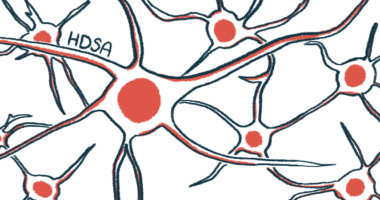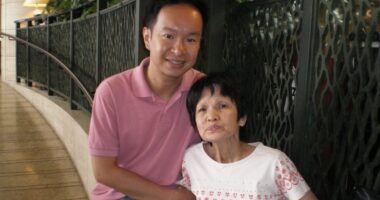AgeX, UCI to Develop Cell-Based Huntington’s Therapies

Neural stem cell researchers at the University of California, Irvine, (UCI) will collaborate with AgeX Therapeutics to develop cell-based therapies to treat Huntington’s disease and other neurological disorders.
Leslie Thompson, PhD, a professor of psychiatry and human behavior at UCI, will lead the initial research, which will take about one year to complete.
While the early focus will be on Huntington’s disease, other potential targets such as Parkinson’s, Alzheimer’s, and stroke may be considered.
Thompson’s main goal is to develop a method to create neural stem cells — cells that can grow into neurons and other cells of the brain — from pluripotent stem cells, cells that have the capacity to self-renew and to develop into any cells the body needs.
Her lab already has safety and efficacy results from animal research that may help support an Investigational New Drug application to the U.S. Food and Drug Administration as early as 2021 to begin clinical trials with Huntington’s patients, AgeX said.
“We are absolutely delighted to start this exciting collaboration with Professor Thompson, who has worked tirelessly over her career to develop a neural stem cell product candidate for Huntington’s disease, and who has already generated preclinical animal data that may support the initiation of clinical studies,” AgeX COO Nafees Malik, MD, said in a press release.
AgeX will provide its PureStem technology to manufacture well defined, off-the-shelf young neural stems that can be used universally.
“We look forward to utilizing AgeX’s cell derivation and manufacturing PureStem technology, with its many potential advantages, including industrial scalable manufacturing, lower cost of goods, and clonal cells with high purity and identity,” said Thompson.
“Our goal is to have an improved neural stem cell production method ready within a year to move into clinical development,” she said.
The research is supported by UCI Beall Applied Innovation, which supports business ventures between the university and the Orange County, Calif., business community. The collaboration may allow AgeX to form a company with Thompson and other investigators to develop and commercialize cell-based therapies to support IND submissions.
“This is an example of the kind of collaboration we will be seeking under our newly unveiled collaboration and licensing strategy, which is to run parallel to our in-house product development,” said Greg Bailey, PhD, chair of AgeX.
“We will be collaborating with a world leader in their field on a research project which is close to the clinic,” Bailey said.






